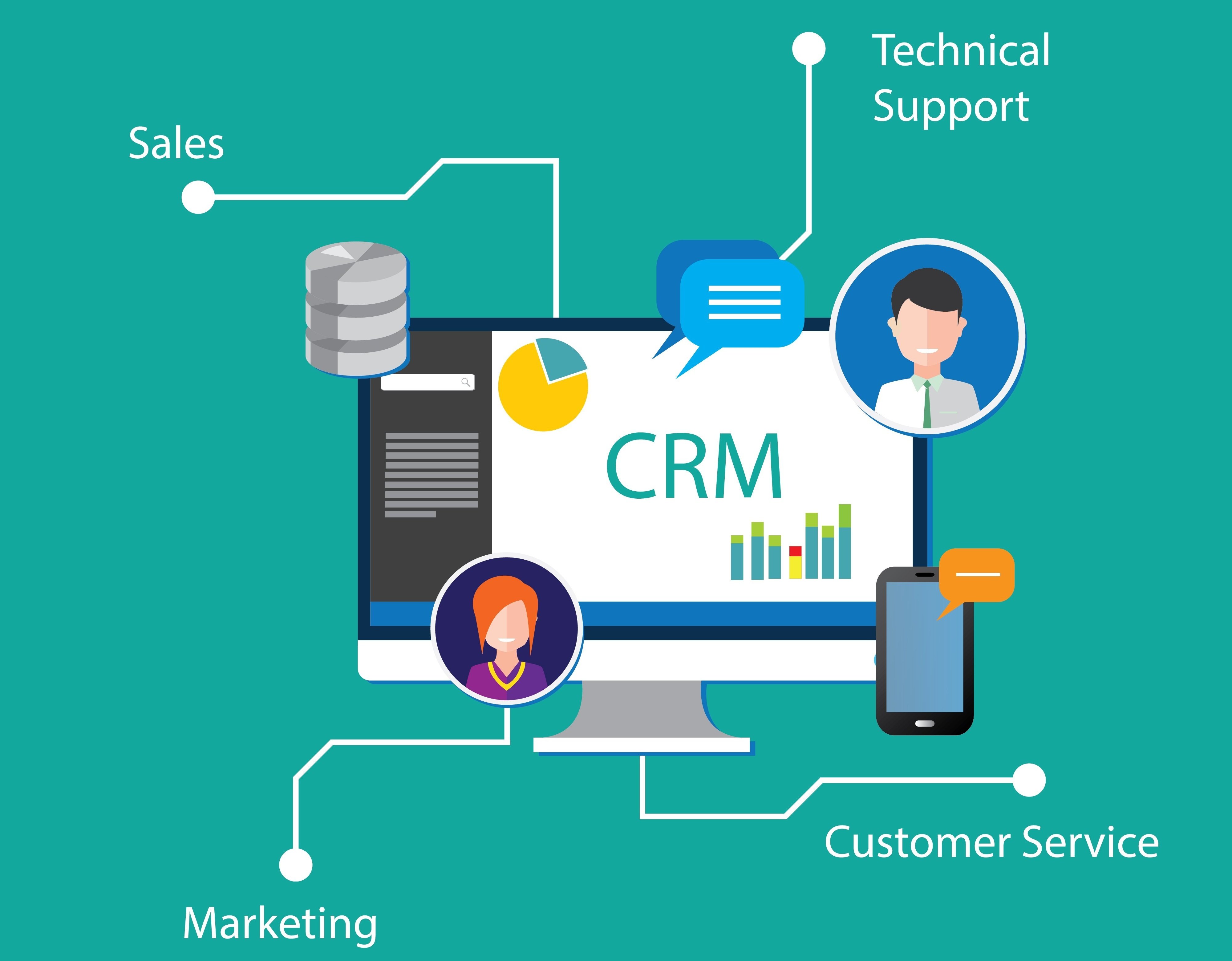
Customer Relationship Management (CRM) automation is the process of automating sales and customer service functions while also enabling teams to track their engagement efforts with current customers. Automation provides a great benefit by working for time-consuming prospecting, contact management tasks, data entry details, communication information, calendar management duties as well lead updates and opportunity tracking. In this article, we will explore the role of CRM automation in digital marketing. Let’s dive in!
Key Roles of CRM Automation
Lead Generation
The very first role of automation in digital marketing is generating leads. Generating leads is a crucial part of the sales cycle. CRM software helps you capture lead details from multiple channels, including web forms, phone calls, social media platforms, and emails. Lead management functionality ensures that you don't lose any precious information about your prospects or mishandle them in any way by scoring and qualifying their interests correctly to determine what marketing initiatives are best for nurturing them through the sales process successfully so they become customers!
Reports and Analytics
Automated CRM systems provide a wealth of information for businesses. They track metrics such as profitability, rate of customer retention, and the effectiveness of marketing campaigns to enable data-driven decision-making among different team members.
Marketing Automation
Marketing automation is an important aspect of the marketing function. It helps reduce costs and improve efficiency in all phases, from campaign preparation to post-launch monitoring. The software provides several useful features such as lead nurturing campaigns that are tailored for specific customer needs or preferences based on earlier interactions with them, which can then be used by other departments like sales teams for targeted promotion efforts.
Contact Management
The contact management system is a complex database that records customer details, tracks interactions with customers, and builds profiles for them. This makes it easy to find information about clients by sorting through various fields in the contact database. It also saves time spent on remembering or searching these databases individually when contacting different individuals within an organization.
Document Management
Document management in automated CRM systems is a great way to keep all your organization's documents organized and easily accessible. You can set document access levels so that only certain users can edit or view those docs, thereby improving security on company files. Document history also allows you to see previous versions of any file- this comes in handy when someone accidentally deletes something important!
Pipeline Management
A very important role of automation in digital marketing is pipeline management. A sales pipeline is a helpful tool to help visualize the complicated cycle of any sale and pinpoint where in that process your deal falls. Sales pipelines allow you to sort through deals with ease, keep track of what's coming up next for each client, as well as send bulk emails or perform other tasks across all clients at once when necessary. Pipelines are an essential part of good business practice because they also give important information about how much revenue was made by product type which can then be used to determine priorities on new leads.
Efficient Productivity
With automated CRM software, you can focus on your marketing campaigns while automation does all of the menial tasks for you. This leaves more time to create content and ensures that no important emails slip through the cracks. You will also be able to see a dashboard showing how different parts of your business are working and where workflows could improve!
Internal Communication
With a CRM, employees can easily communicate with each other and maintain unified communications. They will be able to send messages or emails in one system without the need for multiple platforms that could get confusing. Employees are also encouraged to tag their teammates on projects so everyone stays updated!
Lead Nurturing
Lead nurturing can be a laborious and complicated process, with many steps and opportunities to communicate. A CRM automatically manages the lead nurturing process for you by sending your employees alerts when they should reach out to a prospect. The software also tracks every interaction from email correspondence to phone calls so there is no room for confusion or mishaps!
Workflow Automation
Workflow automation is one of the most effective ways to make sure that you're completing all your duties without wasting time on unnecessary tasks. You can automate repetitive, uninteresting tasks like following up with leads and sending emails to save yourself precious minutes every day which will add up! The system notifies you when a task has been completed or if manual input is needed during its course so there's never any confusion about what needs to be done next.
Accurate Forecasting
Forecasting in CRM helps measure your future sales or revenue based on present and past data trends. It lets you test different what-if scenarios to improve the predictability of your forecasting model, while also assisting with preparing a better hiring strategy for new employees who need certain skills which may not be readily available at any given time. Forecast models can determine the appropriate inventory levels needed. As well as identify potential investments when trying out new channels that could lead to increased business down the line.
CRM is a powerful and effective management strategy. That can be used in digital marketing to build relationships with customers, which in turn creates loyalty. When combined with the right technology, CRM results not only in increased profits but also in customer retention. This helps companies create an even better experience for their clients while creating more revenue possibilities at the same time.



